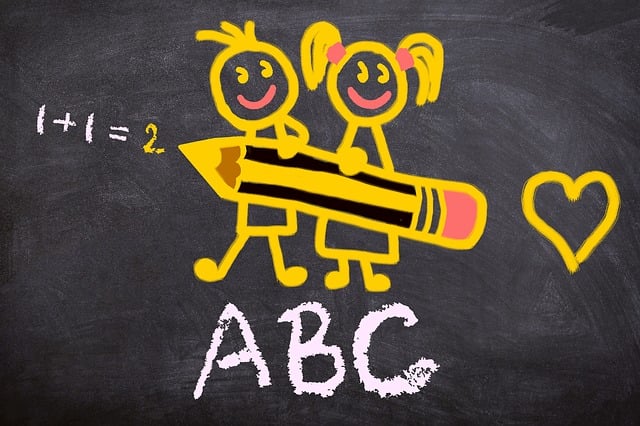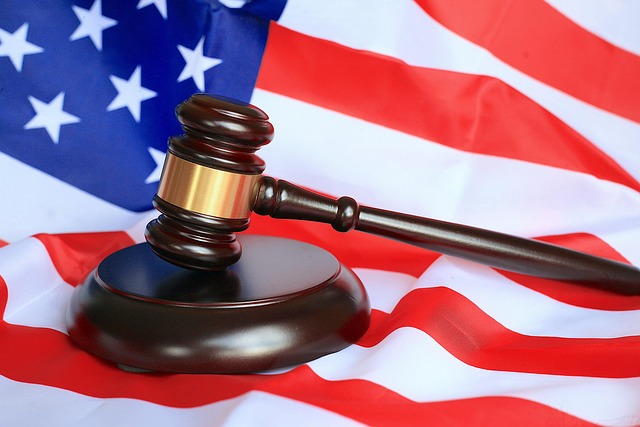Survivors of abuse at Agape Boarding School have legal options, including filing a lawsuit, with help from specialized legal experts. The process involves gathering documents, consulting an experienced attorney, and presenting compelling evidence to hold the institution accountable.
“Many survivors of abuse at Agape Boarding School seek justice and accountability through legal action. If you were harmed while attending this institution, understanding your legal rights is a crucial step. This article guides you through the process of filing a lawsuit against Agape Boarding School. We explore essential aspects like navigating the legal system, gathering evidence, and the power of survivor testimonies. By shedding light on these key components, we aim to empower individuals to take action and seek compensation for their traumatic experiences.”
- Understanding Legal Rights Against Agape Boarding School
- Navigating Legal Process: Filing a Lawsuit
- Supporting Survivors: Evidence and Testimonies
Understanding Legal Rights Against Agape Boarding School

Victims of abuse at Agape Boarding School have legal rights and options available to them. If you or someone you know was harmed while attending this institution, it’s crucial to understand your potential course of action. An Agape Boarding School lawsuit can provide a pathway for justice and compensation, allowing individuals to hold the responsible parties accountable for their actions.
Legal experts specializing in educational abuse cases can guide survivors through the process, explaining their rights under civil law. These attorneys will help navigate complex legal procedures, ensuring that victims receive fair treatment and the chance to seek redress for the trauma they endured while at Agape Boarding School.
Navigating Legal Process: Filing a Lawsuit

Navigating the legal process to file a lawsuit against Agape Boarding School can seem daunting, but it’s a necessary step for seeking justice and accountability. The first step is to gather all relevant information and evidence related to the alleged abuse. This includes documentation such as medical records, police reports, photographs, and testimonies from individuals who have knowledge of the incidents. It’s crucial to ensure that this evidence is well-organized and easily accessible to support the claims.
Once prepared, individuals considering an Agape Boarding School lawsuit should consult with experienced legal counsel. An attorney specializing in personal injury or educational law can provide guidance tailored to the specific circumstances. They will explain the process, help draft legal documents, and represent the plaintiff throughout the lawsuit, ensuring that all deadlines are met and that the case is presented strongly.
Supporting Survivors: Evidence and Testimonies

Supporting survivors in their pursuit of justice is a crucial aspect of any Agape Boarding School lawsuit. The strength of evidence and testimonies can significantly impact the outcome, especially when dealing with sensitive issues like abuse. Survivors’ stories, often shared in detail during legal proceedings, provide compelling insights into the traumatic experiences they endured while at the school. These accounts, backed by supporting documentation such as medical records, counseling reports, or other relevant documents, serve as powerful tools to illustrate the extent of the harm caused.
Legal professionals play a vital role in collecting and presenting this evidence, ensuring that each survivor’s voice is heard. By compiling thorough records, they can build a robust case, challenging the institution to accountability. Testimonies from former students, staff members, or even experts in child psychology or trauma can further reinforce the claims, providing a holistic view of the abusive environment at Agape Boarding School.
For survivors of abuse at Agape Boarding School, pursuing an Agape Boarding School lawsuit can be a powerful step towards justice and healing. By understanding their legal rights and navigating the process with support, individuals can bring closure and hold the institution accountable. The evidence and testimonies shared by survivors are invaluable in these cases, ensuring that their stories are heard and recognized. Taking action through legal channels is a crucial way to foster accountability and prevent similar tragedies from occurring in the future.
